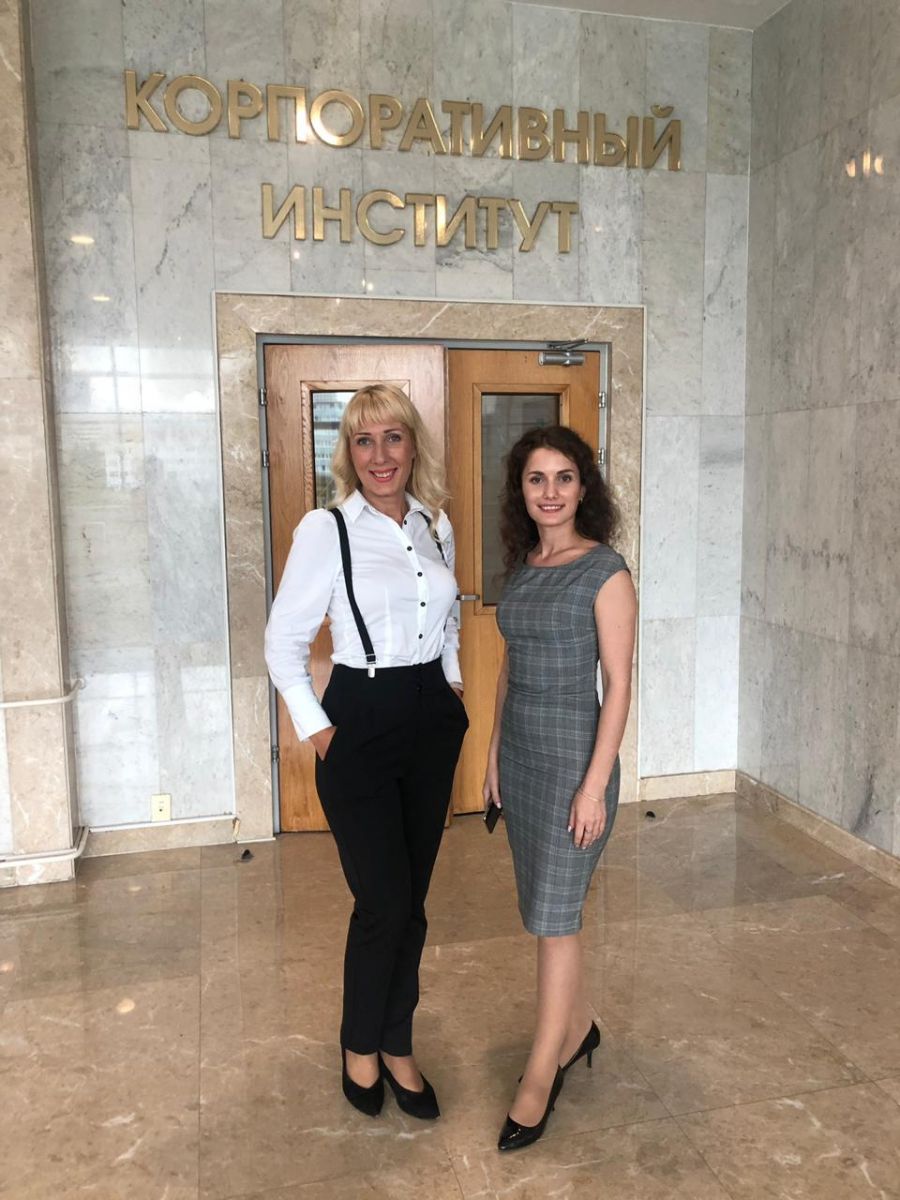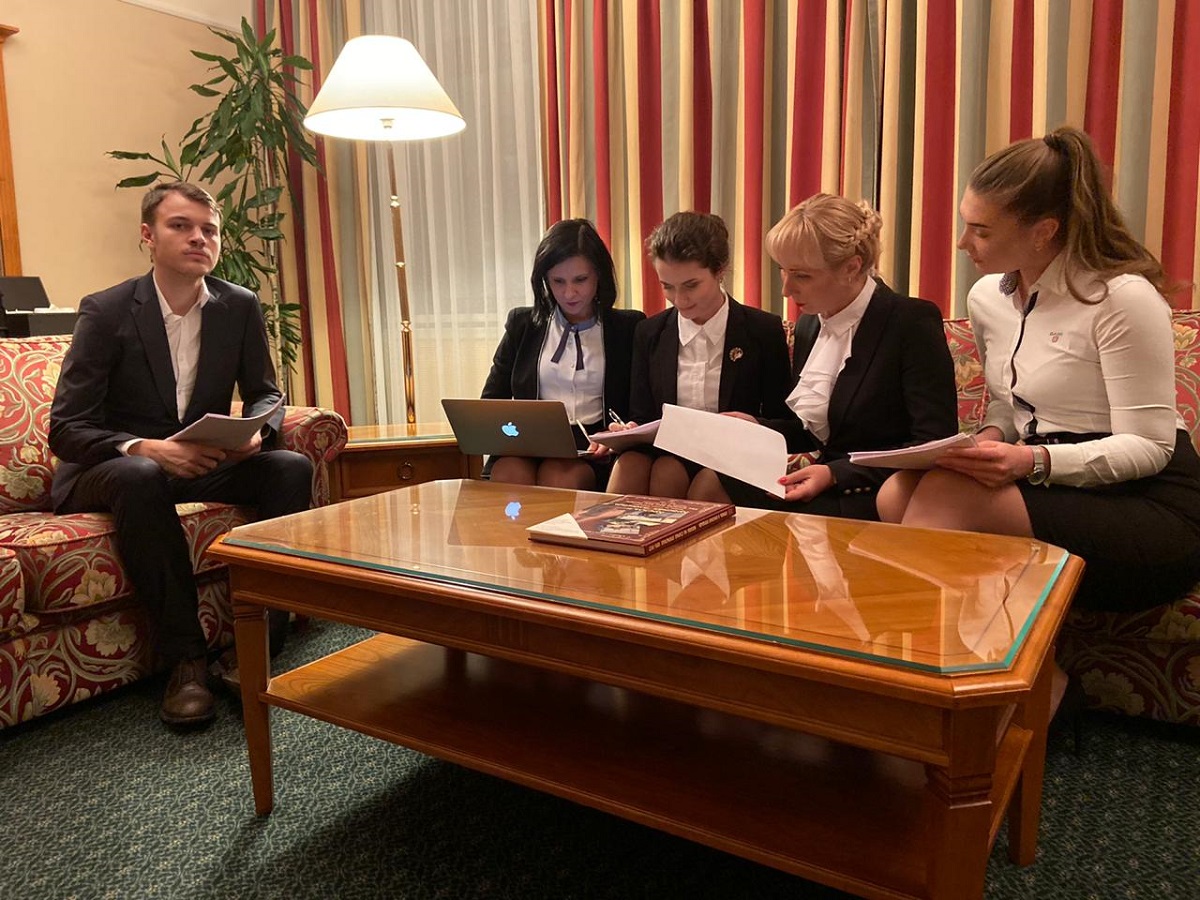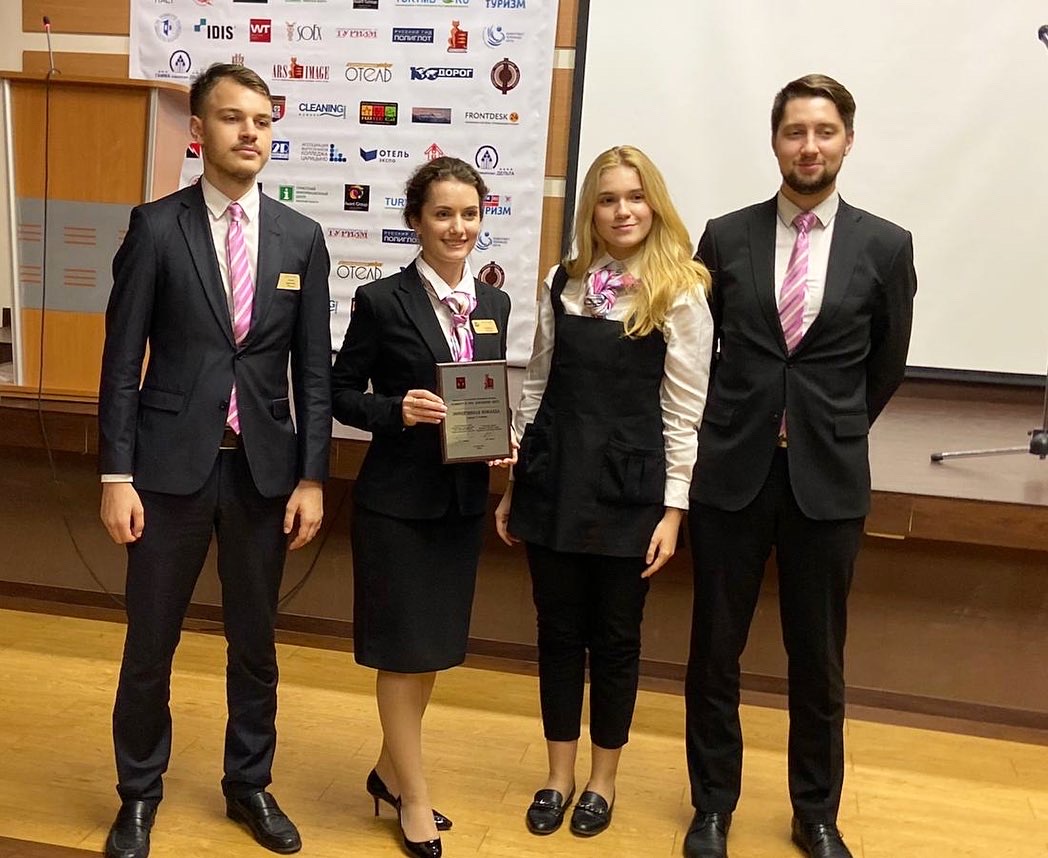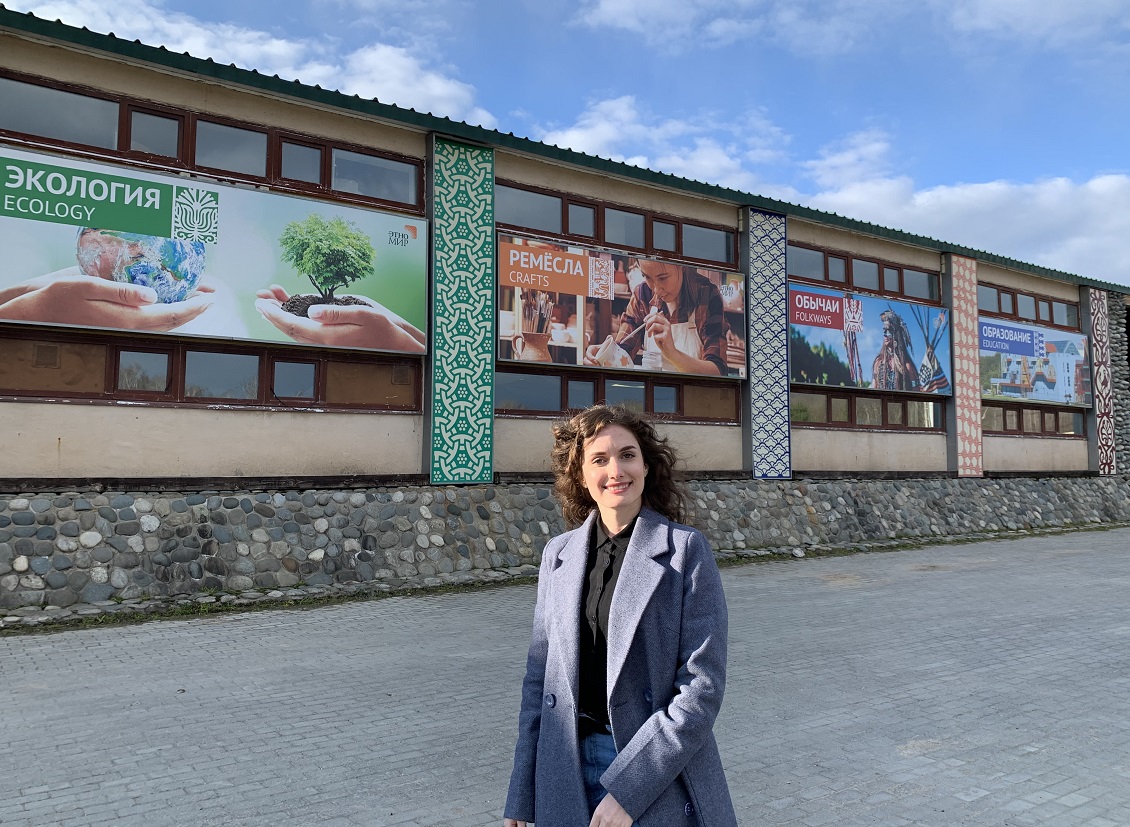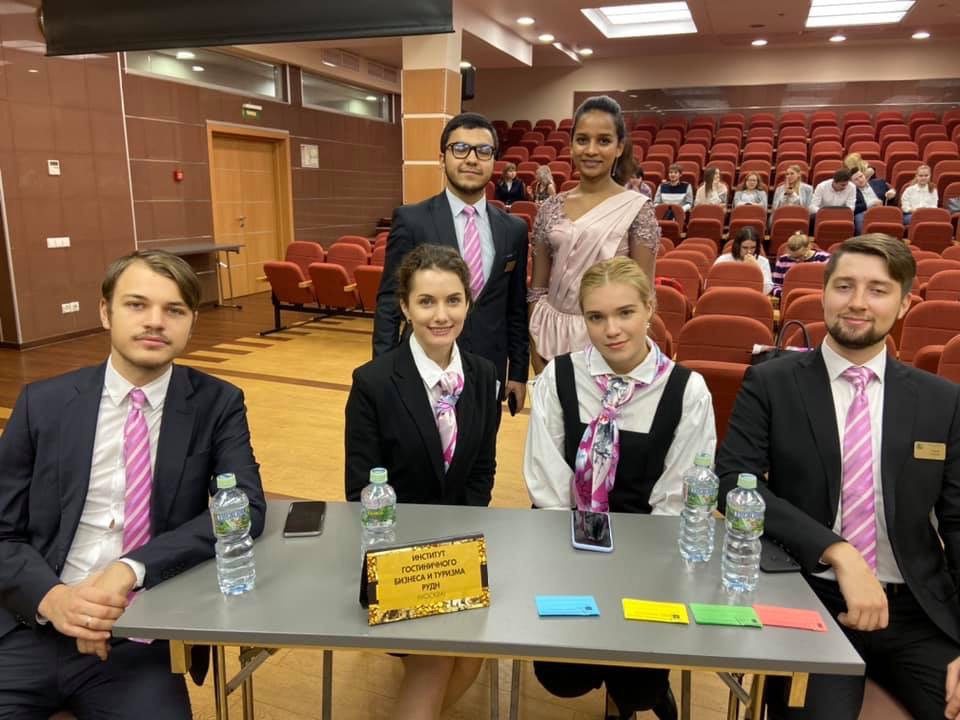Ecotourism is not about “getting hurt in a tent and returning to civilization”
Hotels are divided into hotels, hostels, guest houses ... And what is an “eco-hotel”?
The term “eco-hotel” exists in world practice, but it is not clearly spelled out in Russian documents. In Europe, America, Australia and North Africa, there is even a narrower concept of a “green hotel”. At the same time, Russia has a Tourism Development Strategy until 2035, fixing the concept of “ecotourism”. This is one of the strategic directions of the entire tourism industry in the country. This is especially important in nature conservation complexes: on Lake Baikal, in Gorny Altai, and in Kamchatka. Prototypes of eco-hotels are already appearing, but hoteliers are building them, relying solely on their instincts, without documentary requirements. The first step is to create an eco-certified hotel so that hoteliers understand what is required.
Eco-hotels — is it about constructing new ecological hotels or about restructuring existing hotels in Russia?
In my opinion, an eco-hotel is about constructing a completely new building. It is important that sustainable materials are used in the construction. Of course, you can rebuild the hotel into an eco-hotel, but, firstly, it will be much more expensive than building a new one, and secondly, it will take much more materials, resources, energy, and time. That is, the process of restructuring itself is no longer environmentally friendly, so it is better to build a new building.
For whom is ecotourism more important: for the owners or guests?
Eco-hotels are not about business, but about the consumer. There are those for whom relaxation in harmony with nature is important. We conducted a research and made a portrait of an eco-hotel guest. Basically, these are people 30-55 years old, with higher education and an income level above the average. We also divided potential guests into three categories: couples without children (70%), couples with children (15%) and single tourists.
At the same time, an eco-hotel is not always more expensive. In world practice, there are many examples when the cost of accommodation in a regular hotel is about the same or even higher. It is clear that environmental friendliness in this case is a reasonable advantage.
Savings are due to efficient consumption of electricity and water. Seasonal foods are often used. In many hotels, food from neighboring farms is ordered, and vegetable gardens are set up on the roof.
Nowadays, you can find “glamping” offers, but prices are usually much higher than average. Will it always be expensive?
Glamping in Russia is leading the way in ecotourism. There are already successful examples of organizing a “hike with all the conveniences”. This type of recreation was originally designed for high prices. At the same time, there is virtually no competition in Russia — there are no restraining market mechanisms either. Hence the inflated cost. The emergence of eco-hotels will give tourists an alternative — then, most likely, prices will stabilize.
What do you need to pay special attention to for creating a perfect eco-friendly hotel?
The most important thing is to choose the right site: where the eco-hotel will be located, how it will interact with the environment, how you can get there, what distance it is from nearby settlements. This is important for guests, suppliers and staff. Before ordering a project in an architectural bureau, you need the advice of experts who know the best practices of eco-hotels and will be able to visit the site. They will show what and how to build from, what technical nuances are, how to establish a careful and effective interaction with nature. It is important to understand the hotelier’s relationship to architecture and classification. Architectural bureaus are ready to design hotels from environmentally friendly materials, but they do not always know all the classification requirements.
The infrastructure, logistics and human resources of the region are also important. You need to understand where to get fresh products for guests, what health facilities are. And, of course, the personnel and building corporate culture in the team are important.
Ethnic components can give interesting solutions. For example, instead of classic rooms, there can be traditional dwellings: huts, yurts, chums or tents. This is relevant, for example, for Buryatia and Kalmykia — regions where people are ready to acquaint guests with their culture.
What does Russian infrastructure need to develop ecotourism?
I believe that the Russian infrastructure has enough of everything. And the first thing to change is stereotypes. Eco-hotels will allow not only to develop the infrastructure of the regions, but also to form awareness. Few people take environmental friendliness as a fundamental sign and take it seriously. The majority now have an endless consumption approach. Many do not want to give during their vacation, but only want to receive all the benefits of nature and civilization.
Ecotourism is not about suffering a week without all the benefits of civilization in a tent. This is about comfortable rest without harming nature. This is about the fact that there is an opportunity to move away from civilization, from a noisy city, to reboot. This is especially true due to the pandemic, when many need to recover from illness or stress. Everyone should have an opportunity to be calm, get away from it all and breathe fresh air for 2-3 weeks.
Sanda, which region would you choose to open your ideal eco-hotel?
I would start either from Baikal, or from Karelia or Gorny Altai. These are clean natural areas where there is an opportunity to build beautiful hotel complexes near settlements. Kamchatka is also a beautiful territory, but now it is too remote: even without an environmental focus, it is very expensive for a tourist to go there, and to build an object there is all the more costly.
And my favorite region is the Kaluga region. It is with great pleasure that I return there. I spent my childhood there. I am originally from Moldova, but we moved to Russia when I was a baby. The Kaluga region has excellent potential for tourism development: there are many natural sites, the distance from Moscow is only 100 km. There are already successful projects there — for example, “Ethnomir”, where guests have it all — comfort, contact with nature, and an ethnocultural program.
You won the competition for the creation of tourist and recreational clusters and the development of ecotourism in Russia https://priroda.life/. Who inspired you to apply?
While still in my bachelor’s, I studied the development of domestic tourism in Russia with an environmental focus. My scientific advisor Olga Pasko suggested studying the formation of eco-hotels classifications in the magistracy. Our colleague from the department, Irina Suvorova, who also has been engaged in ecotourism for many years and is a great adherent of a healthy lifestyle, knew about this. She found out about the competition and suggested we take part. And the three of us decided to form this project. I was scared at first, because this is a very difficult topic. Indeed, there are still no real eco-hotels in Russia — how can one prove the need to classify what is not there? But Olga Vladimirovna inspired me, we filled out an application, prepared a project and won. The topic turned out to be really relevant.
There were other victories — for example, the 2nd place in the competition of projects of the student Olympiad in the technique and tactics of active types of tourism https://tau-edu.kz/news/prizery-ii-oy-respublikanskoy-studencheskoy-olimpiady-po-tekhnike-i -taktike-aktivnykh-vidov-turizma and the 1st place in the III International distance competition of scientific works “Sustainable Tourism Development”.
You are already working. Tell us what you do?
This year I am finishing my Master’s degree, but since 2019, I have been doibg expert activities. I work in parallel with training at the Independent Center for Certification and Expertise “HorecaExpertGroup”. On my account there are already more than 100 classified objects throughout Russia. The next business trip is to Krasnoyarsk for the classification of 6 objects. There it is necessary to conduct a classification audit and determine the categories of 3 country hotels and 3 mini-hotels.
What are your plans?
I want to win one more competition — we have applied for the “Masters of Hospitality” https://welcomecup.ru/ of the “Russia — the Land of Opportunities” project. We made a welcome video about the tourist potential of the town of Borovsk, Kaluga Region.
Of course, the immediate important goal is to successfully defend my Master’s thesis. I will continue to work so that there are more proper eco-friendly facilities for recreation in Russia.
Why Arabs talk loudly, how science helped find love, what is the connection between quickstep, patience and the Arabic language – read an interview with Anna Lashina, the best graduate of “Foreign Regional Studies: Middle East”.
In 2019, Tatiana founded the Youths Make a Difference (YMD) International Youth Organization. It's been over a year since the last interview. She graduated from the university with a degree in Technical Systems Management, returned to Cameroon and signed a memorandum of understanding with the Ministry of Youth Affairs. Read the iterview to find out what has changed.
How finances and furniture are connected, why Russian prefixes terrify a foreigner and where they cook the most delicious shawarma – read an interview with Anton Borodin, the best graduate of the Finance and Credit program from Finland.
.jpg)
.jpg)
